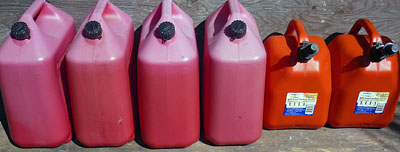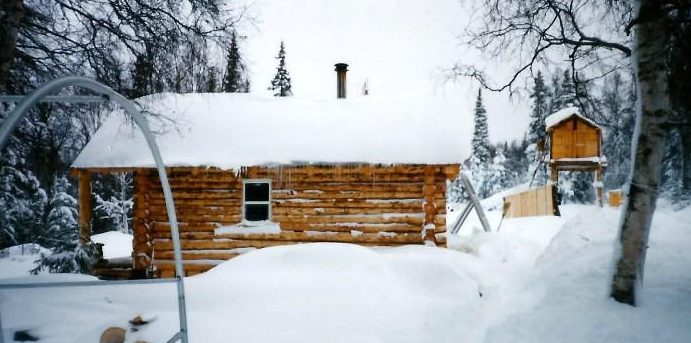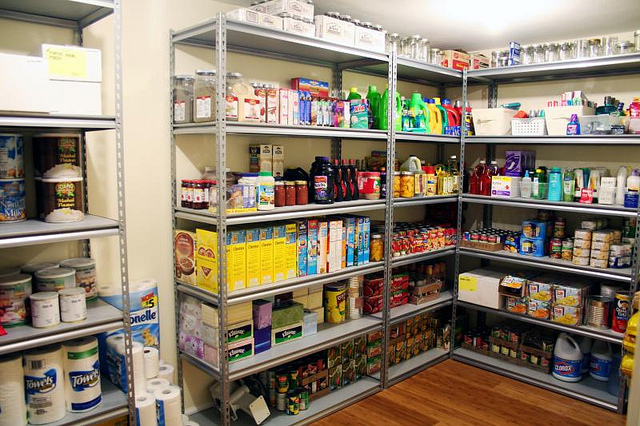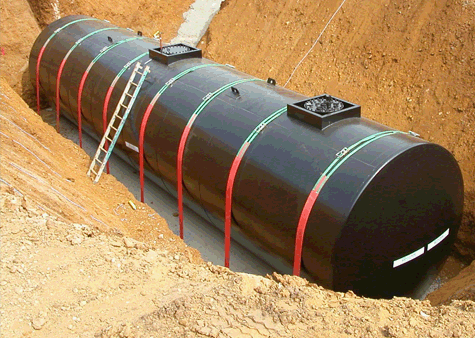Letter Re: Differences Between Combustible Gases
Dear Hugh, In response to D.H.’s questions on gas, I offer my thoughts. Generally, I would tell anyone to use the gas specifically recommended for the equipment they intend to use. Trying to keep it simple about the different gases, an explanation of the differences follows. The first difference between the gases is chemical makeup. Propane has three carbons atoms (and hydrogen atoms) in the molecule. Butane has four carbons, and so does its isomer iso-butane. Butane is arranged in a four carbon chain, while Iso-butane has a center carbon, with the other three carbons coming off like spokes, and …







